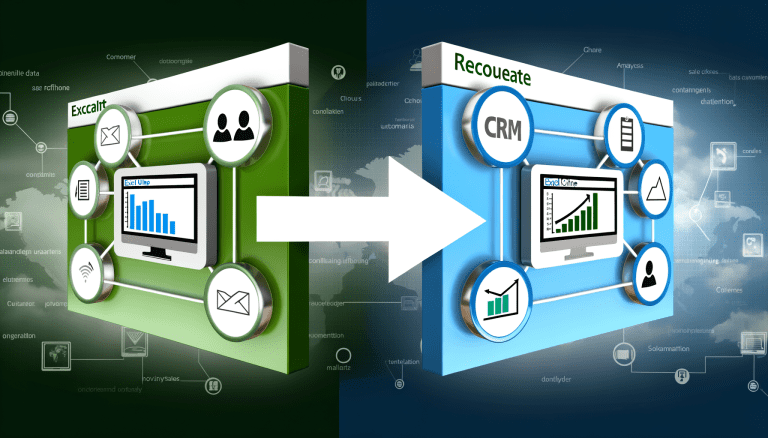Introduction to EDI and B2B Integration
Electronic Data Interchange (EDI) refers to the structured transmission of data between organizations by electronic means. It is used to facilitate the integration of business processes and information sharing between businesses, known as B2B (Business-to-Business) integration. EDI replaces traditional paper-based communications and helps streamline operations, reduce costs, and improve accuracy and efficiency.
Benefits of EDI Integration
Adopting EDI can lead to numerous benefits, such as reduced processing times, lower administrative costs, and fewer errors in data handling. Additionally, it promotes better supply chain management, as EDI makes it easier to track and trace orders, inventory levels, and deliveries. By automating these tasks, companies can focus on their core activities and enhance their competitive edge.
Challenges of EDI Integration
While EDI presents many advantages, there are also challenges to consider. Organizations must invest in proper infrastructure and ensure compatibility with trading partners’ systems. Additionally, the implementation requires a significant amount of planning and coordination.
Key Components of EDI Systems
EDI systems consist of several key components: EDI standards, translation software, and communication networks. EDI standards define the format and structure of electronic documents, while translation software converts business documents into EDI formats. Communication networks, such as VANs (Value-Added Networks) or the internet, are used to transmit these documents securely.
Axway’s Role in EDI and B2B Integration
Axway offers solutions to help businesses manage their EDI and B2B integration processes. Their tools enable companies to connect with trading partners seamlessly, facilitate data exchange, and ensure compliance with various industry standards. Axway’s platform supports real-time visibility, advanced analytics, and robust security measures.
Conclusion
EDI and B2B integration are vital in modern business environments. They help organizations streamline operations, reduce costs, and improve data accuracy. By leveraging sophisticated EDI systems and integration tools such as those provided by Axway, businesses can enhance their supply chain efficiency and remain competitive in the global market.
View the original article here: https://blog.axway.com/learning-center/edi-b2b-integration




